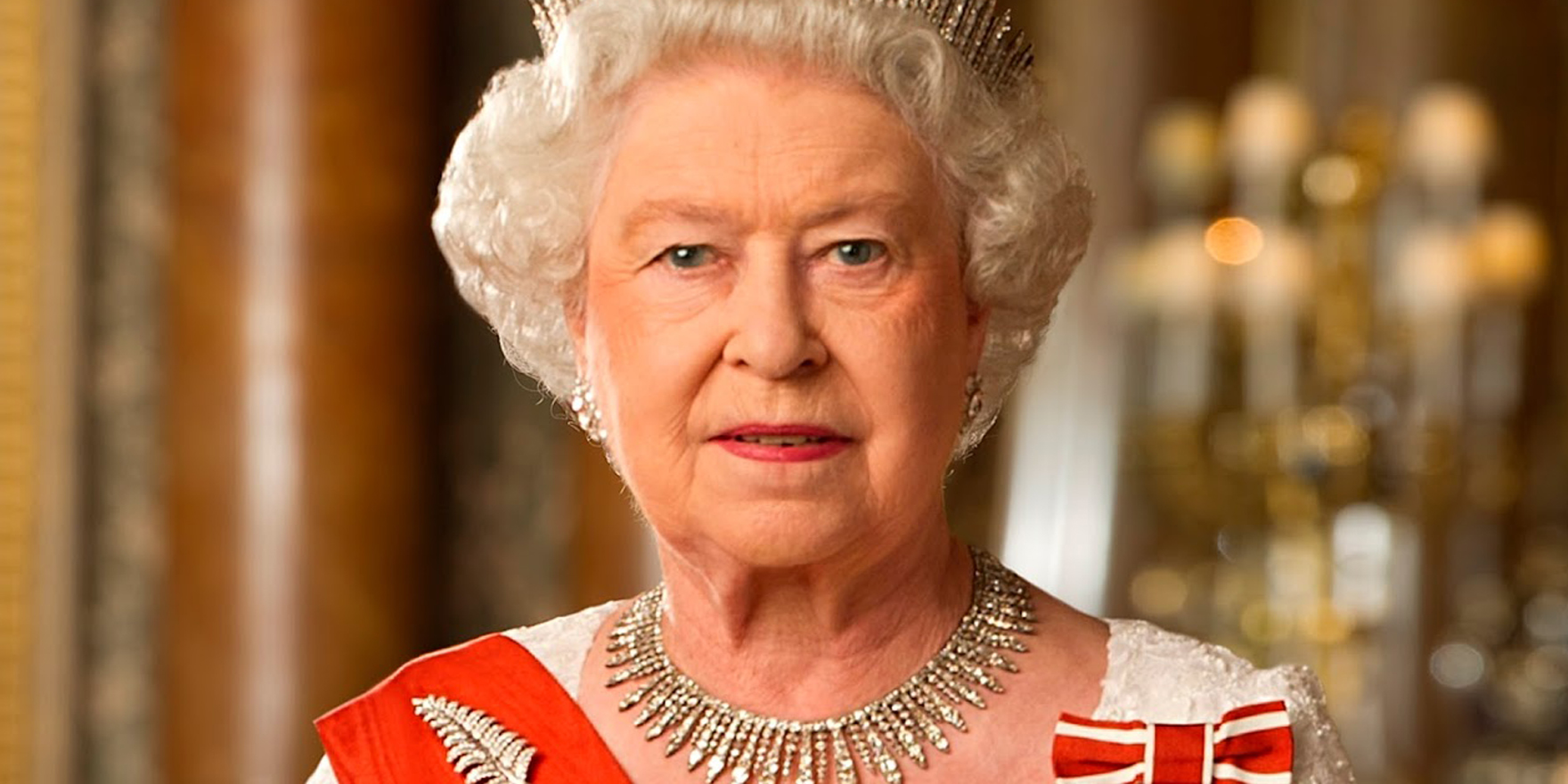We talk to some our worthy GPs who deserved a medal - and got one
Long-serving GPs across Australia have been recognised in the Queen’s Birthday honours for services to medicine.
By our count, nine GPs were awarded medals of the Order of Australia in this year’s list. We caught up with some of them.
Melbourne GP Dr Terence Ahern is known for his work to establish in-reach hospital services for aged-care residents and for prodding public hospitals to lift their game on discharge summaries by taking a poll of local GPs.
“It made them sit up and take notice, to see how badly they were doing,” Dr Ahern said.
In practice since 1981, he has maintained a clinical focus on aged care and complex patients while advocating through divisions of general practice and the AMA.
Dr Ahern was central in securing Medicare funding for GPs to conduct comprehensive assessments in aged-care facilities, as well as GP item numbers for assessments of refugees.
Now he has eased up on committee work, he says he has more time for teaching registrars and students in aged care and volunteering in refugee health.
OAM recipient Dr Untung Laksito says he was “a bit chuffed, but also a bit bemused and embarrassed” by the news of his award.
Recently retired after 34 years as a procedural GP in the western NSW town of Forbes, he says a career highlight was being told by a patient he was “more like a uncle” than a doctor.
In 1965, Dr Laksito came to Australia from Indonesia as a 20-year-old medical student on the Colombo Plan. He struggled with English but went on to train as a surgeon.
But after discovering the variety of general medicine during a rotation in rural Queensland, he set up in 1981 as a GP surgeon in Forbes, western NSW, and has never left.
“I was well received by the people, and I fell in love with general practice.” Dr Laksito said. He added qualifications in psychiatry and in later years focused on skin cancer. “It’s a bit of everything; that’s what you do in the bush.”
In Bridgetown, southwest Western Australia, Dr Nigel Jones has put in 40 years as a GP surgeon – in the early years as the only doctor for 50km in any direction.
“I did everything. Delivered babies, took out appendixes, did anaesthetics. I loved it. It’s a great life, and I love living in the countryside,” the Welsh-born, London-trained, former British army medic said.
Accident and emergency medicine was another demand of practice in Bridgetown, located on a busy highway from Perth to Albany.
“It takes a long time for a young doctor to become competent in these things – to get someone who is actually of use in the country,” he said, commenting on the push for more generalist GP training to shore up rural health.
Dr Jones, who has recently cut back to a five-day work week, said he had no idea who or what had prompted his OAM nomination.
Dr Jane Greacen, recognised for her services to medicine and community health, has opened a small practice in Bairnsdale, eastern Victoria, to focus on Aboriginal health.
“This little practice is a casual, welcoming environment. I wanted to it to be culturally appropriate and the kind of environment where I would like to work,” Dr Greacen told TMR.
Dr Jane’s Place, set up last year in a converted weatherboard cottage, is the antithesis of a big modern medical centre. A community garden is being planted, and there are plans to set aside a room for troubled youth.
About 75% of patients are Aboriginal, most with chronic health problems.
“I’m just doing my job,” Dr Greacen said, adding working with Aboriginal patients had changed her perspective as a clinician and taught her “never to make assumptions”.
Previously, she worked for nearly two decades as a part-time GP with a regional Aboriginal health provider, and continues as a part-time senior lecturer at Monash University’s School of Rural Health.
The OAM would provide an opportunity to promote the good work being done in Aboriginal health in the region, she said.
Other GPs awarded the honour this year are:
Dr Peter Chester Arnold, a former deputy president of the NSW Medical Board and former member of the Medical Tribunal of NSW; the late Dr Keith Francis Beck, of Wauchope, NSW, who retired at 85 in 2012, after some 60 years as a rural doctor; Professor Stephen Margolis, a veteran of rural and remote medicine in Queensland, for his services to rural medicine and education; Dr Renato Vecchies, of Heidelberg, Victoria, for his services to the Italian community and to medicine; and Dr Richard Wilson, of Strathalbyn, South Australia, for his services to the community and medicine.


